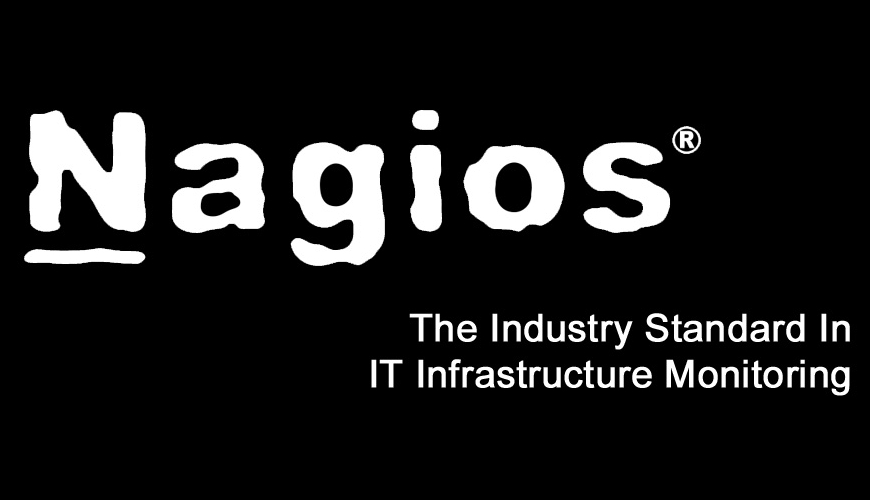IT Solutions+ ProActive Monitoring Overview
Rationally, the small business owner is aware that to get the most out of the network, it should be monitored and maintained.
But when there’s an hourly fee involved to do extra work when everything seems to be working just fine, emotions overtake rationality and proactive maintenance is often put off.
Proper proactive maintenance of a network will improve your client’s productivity, increase the reliability of the systems, and quite possibly save them money in IT support costs.


Proactive Maintenance Plan includes:
- monitoring all server event logs
- monitoring for proper AV updates and activity
- monitoring backup status, whether on-site or remote
- monitoring firewall activity, hack/spam relay attempts
- monitoring system bottlenecks (system processes, processor/ram utilization, etc.)
- monitoring application services (Exchange, ISA, IIS, etc.)
- real-time Inventory collection and web-based reporting
- remote support for most issues
Monitoring is performed by configuring the hosted software that you select to perform these tasks to send you an email or sms alert whenever an event occurs that needs your attention. The software we use, Nagios, HP ILO and Spiceworks, performs all of these tasks as well as provides many more features not listed above for a low fee.
The benefits your client gets from having this level of monitoring include:
1. Improved productivity
Most problems display warning signs of some sort before becoming critical issues. Check the event logs of any unmonitored server and I would bet good money that they’ll be more than a couple of red X’s that warrant some level of attention. Same goes for the odds of an unmonitored backup system having more than an acceptable amount of failed backups. Or an AntiVirus system that hasn’t updated in weeks. Or even the possibility of having a hard drive in a drive array completely failed without anyone being aware.
Any one of these examples, or countless others, if gone unchecked could easily develop into a crisis situation where there could be very serious and possibly unrecoverable losses to productivity and to the finances of the company. Proactive monitoring gives you the ability to prevent these unexpected emergencies.
Besides being able to save the day from disaster, you’ll also be able to improve performance on a day-to-day basis. Too often, performance of equipment is allowed to degrade to the point where the device is no longer functional or usable. You’ll be improving your client’s productivity by more closely examining inventory reports for outdated or inadequate equipment or applications and performing upgrades before productivity can suffer.
2. Improved reliability
If you can identify and correct small problems early, before they have a chance to develop into larger problems, and most small problems are addressed by you remotely and therefore immediately, your client will have very few complaints about their systems. Providing that you keep your client constantly informed about the status of their network and the services your providing through excellent reporting (a MUST!), they will have little reason to ever consider replacing you (and a lot of reasons for recommending you to someone else).
3. Save them Money
Hourly based, reactive support for a small business customer is typically unstable. There will be very busy months, often off-set by quiet periods where everyone (including the computer consultant) is just happy that things seem to be working nicely for a change. And once in a while, one of those crisis situations I mentioned earlier will occur and the consultant delivers an invoice that could be relationship changing. This is a tough pill for the client to swallow after suffering through whatever downtime was just experienced.
Average out the cost of hourly support long-term, taking into account both the good and the really bad times, and the average monthly costs should actually be somewhat reasonable from both the computer consultant and the customer’s viewpoint. If proactive monitoring can be delivered at a similar cost to hourly, reactive support, there is little reason for a small business owner to opt for the old model of hourly support.
Factor in any financial benefits as a result of increased productivity, or the prevention of a single disaster, and a flat-fee, proactive monitoring plan should be easily justified as a valuable and cost-effective solution. If you can convey this to your potential customers when starting a computer consulting business of your own, you should be well on your way to expanding your client base.
Need Computer Repairs in Melbourne? We provide onsite computer help and PC services throughout Melbourne…

Contact Information
IT Solutions Plus
F3/2 Winterton Road
Clayton, VIC, 3168
Phone: (03) 9088 66 99
Email: [email protected]